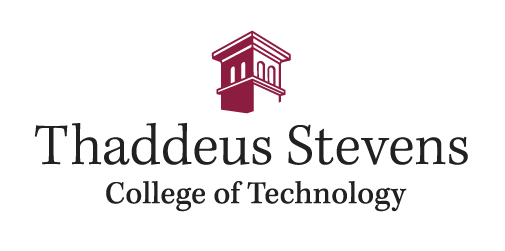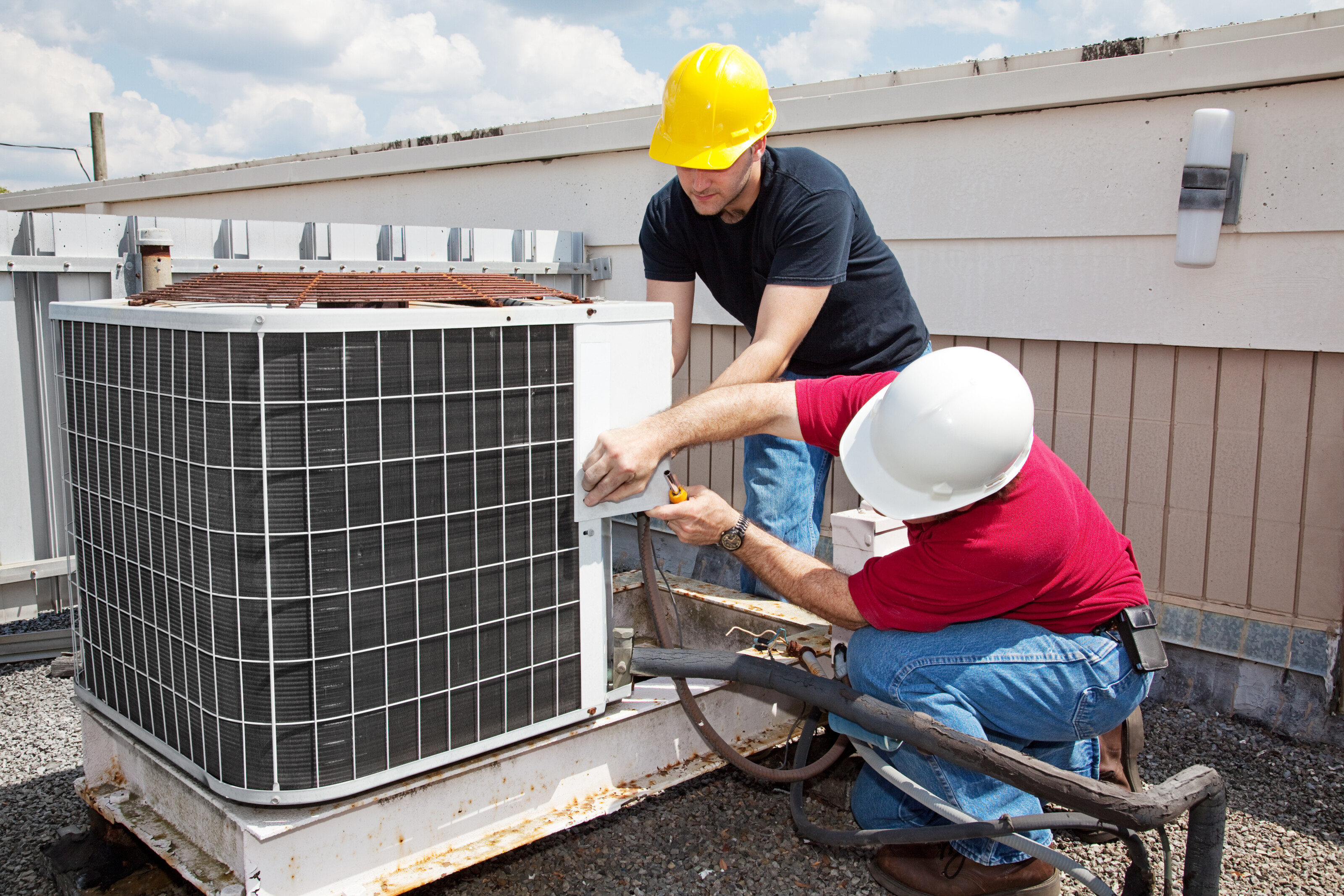Heating, Ventilation & Air Conditioning - Refrigeration
Curriculum FACULTY TOOL LIST APPLY
Tuition, Fees, and Financial Aid
The HVAC/R program is unique because it treats designing, retrofitting, testing, and balancing on a problem-solving level. This specialized program prepares the technician for the fast-growing, highly technical HVAC/R field.
The challenge for the service technician is to optimize the service operation of HVAC/R systems to maximize customer and
Students learn current methods of identifying and performing efficiency evaluations on various types of heating, ventilation, and air-conditioning systems as well as adjusting and balancing equipment for maximum performance.
In addition to HVAC/R classroom theory sessions, students also perform service and installation on numerous live projects on and off-campus. The HVAC/R laboratory includes tools, equipment, computers, and instrumentation typically found in commercial, residential, and industrial settings. The lab also includes ground source heat pumps, gas efficient furnaces, regular heat pumps, oil-fired furnaces, gas and oil boilers, ice machines, walk-in boxes, roof-top equipment, chiller systems, and commercial refrigeration trainers.
Challenging careers abound on a national level with firms offering graduates a variety of positions as service technicians, installation technicians, estimators, and in-plant industrial technicians.
Program Objectives
A graduate of this program will be able to do the following:
- Demonstrate the ability to do technical work in a variety of heating, cooling, and plumbing, and refrigeration fields; apply safety standards and understand and work with technical developments in the industry.
- Apply concepts of algebra and physics in the layout, design, development, and analysis of refrigeration and air conditioning equipment and systems.
- Identify and demonstrate the
correct use of tools, materials, and equipment used in the trade. - Demonstrate the ability to read and interpret blueprints and use blueprints when installing equipment.
- Troubleshoot heating, cooling, and refrigeration equipment using standard troubleshooting procedures.
- Write clear, concise, legible, and accurate technical reports using technical English and apply verbal communication skills in job-related activities.
- Read and interpret electrical schematics and use schematics when installing and repairing equipment.
- Estimate the cost of installation and design and layout an effective system for a specific location and use.
- Demonstrate knowledge of the operation and use of hermetic, reciprocating, and centrifugal compressors.
- Apply basic knowledge of airflow, ventilation, and energy conservation concepts to the design of systems, using modern building design and solar energy technology.
| SOAR Articulation Agreement | |

